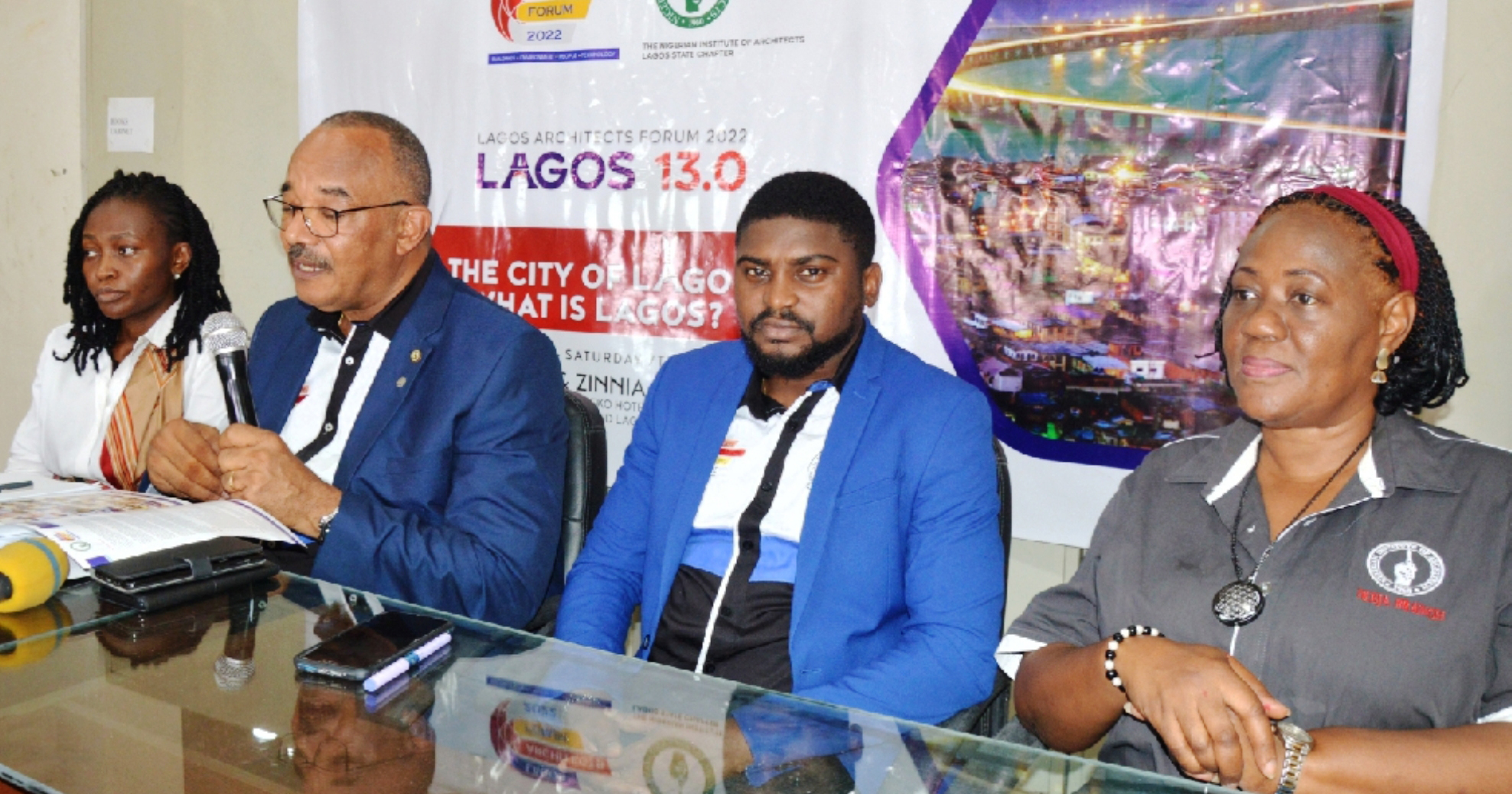Business
FG’s Bond Offer Rose By N1.99trn In Six Months – CBN

The Central Bank of Nigeria (CBN) has disclosed that the Federal Government’s bond offer and allotment rose by N1.99tn in the first six months of last year.
According to the apex bank, the bond offer and allotment rose from the N11.67tr recorded in 2020 to N13.66tr recorded last in 2021 within the same period.
The CBN disclosed this through its Financial Market Department in its half-year activity report for 2021, which was made available to newsmen.
The Nigeria’s apex bank has attributed the rise to government’s drive to fund fiscal deficit from the domestic market.
“In the review period, FGN bonds worth N900bn was offered, while public subscription and sale stood at N1.73tn and N1.42tn, respectively. The amount offered comprised new issues and re-openings of FGN bonds.
“In the corresponding period of 2020, FGN bonds issue, subscription and allotment were N615bn, N2.45tn and N1.31tn, respectively. The increase in offer and allotment in the first half of 2021 was attributable to the government’s drive to fund fiscal deficit from the domestic market.
“Consequently, the total value of FGN bonds outstanding at end of June 2021 stood at N13.66tn, compared with N11.67tn at end-June 2020, indicating an increase of N1.99tn or 17.01 per cent”, the report established.
Also, the report has it that in the first half of 2021, there was no new issue of the Federal Republic of Nigeria Treasury Bonds.
Consequently, it added, that the outstanding stock stood at N100.99bn, same as at end-June 2020.
A breakdown of the outstanding showed that the CBN held N18.01bn, while N82.98bn was held in the sinking fund.
In the corresponding period of 2020, it added that CBN held N27.99bn, while N73bn was held in the sinking fund.
The report stated that during the first six months of 2020, “the total NTBs issued and allotted was N1.6tn apiece, indicating an increase of N149.94bn or 9.89 per cent above N1.52tn issued and allotted apiece, in the corresponding period of 2020.
“Total public subscriptions stood at N3.1tn, compared with N2.9tn in the corresponding period of 2020.
“The increase in public subscription was attributed to the increased yield on NTBs, which was market driven amidst investors’ demand for higher yields”, it stated.
It added that the holding structure of the instrument indicated that Deposit Money Banks took up N1.25tn or 75.31 per cent, while mandate and internal funds customers, including CBN branches accounted for the balance of N411.22bn or 24.69 per cent.
Business
Two Federal Agencies Enter Pack On Expansion, Sustainable Electricity In Niger Delta

Business
Why The AI Boom May Extend The Reign Of Natural Gas

Business
Ogun To Join Oil-Producing States ……..As NNPCL Kicks Off Commercial Oil Production At Eba

-

 Politics4 days ago
Politics4 days agoAPC Releases Adjusted Timetable For Nationwide Congresses, Convention
-
Sports4 days ago
DG NIS Wants NSC Board Constituted, Seeks Increased In Funding
-

 Business4 days ago
Business4 days agoCustoms Seek Support To Curb Smuggling In Ogun
-

 Featured4 days ago
Featured4 days agoINEC Proposes N873.78bn For 2027 Elections, N171bn For 2026 Operations
-

 Sports4 days ago
Sports4 days agoSWAN Rivers Set-up Five Functional Committees
-
News4 days ago
Police Bust Kidnapping Syndicate In PH
-
Sports4 days ago
NSC Disburses N200m Training Grants To 26 Athletes
-
Sports4 days ago
‘NTF Will Build On Davis Cup Success For Brighter Future’

